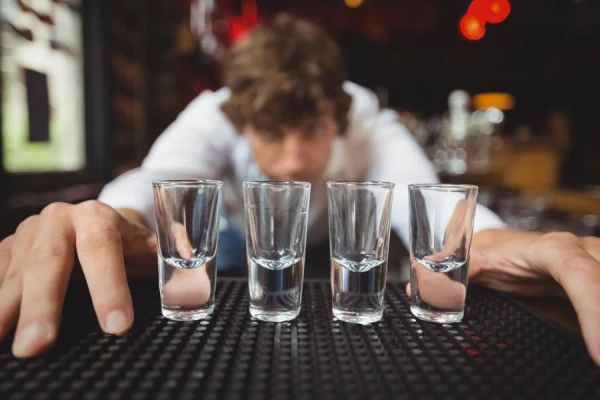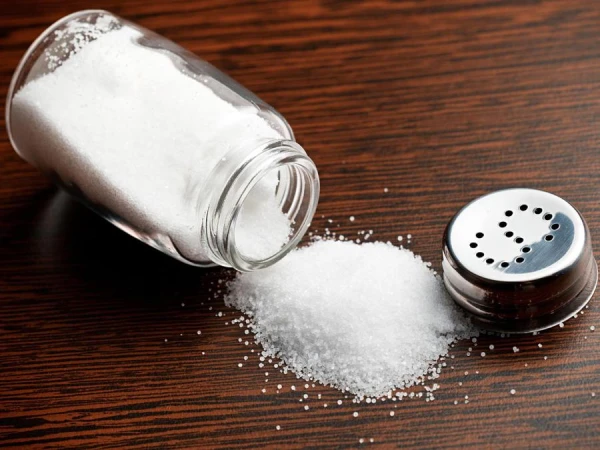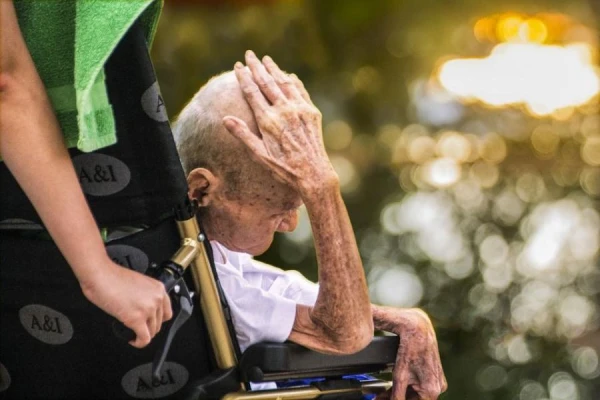
Men are more susceptible to the influence of alcohol on socialization than women.
It is no secret that alcohol facilitates communication, or, to put it more scientifically, the establishment and strengthening of social bonds within a group. Drinking helps to relax and boosts confidence when there is a desire to meet new people — so it is not surprising that even business meetings, let alone friendly gatherings, often take place with a glass of something alcoholic.
On the other hand, interesting statistics show that men drink (and get drunk) 50% more often than women. Moreover, according to men themselves, a large part of their social activity — meeting new people, hanging out with friends, relaxing, etc. — is accompanied by alcohol consumption. This led psychologists from the University of Pittsburgh (USA) and the University of Oslo (Norway) to the conclusion that men are more sensitive to the socializing effect of alcohol.
To test this hypothesis, Catharine Fairbairn and her colleagues conducted an experiment in which they observed the positive emotions experienced by people in company. The sincerity and intensity of emotions were assessed by the smiles exchanged among participants in the group — a genuine smile, known as the Duchenne smile, is a more reliable indicator than words, as people are not always sincere in what they say. (The name of this smile comes from the French psychologist Guillaume Duchenne, who distinguished between a standard smile involving only the mouth muscles and a true, genuine smile that also engages the muscles around the eyes.) The Duchenne smile is often used as an important indicator in psychological research, and there are specific methods for its formal assessment.
More than seven hundred people aged 21 to 28 participated in the experiment. They were divided into three groups, each consuming different drinks: one group had real alcohol, another had a non-alcoholic beverage, and the third also had a non-alcoholic drink but was presented by the psychologists as alcoholic. (The researchers made sure that the placebo looked and smelled like an alcoholic drink but contained nothing of the sort.) In one version of the experiment, the drinks were divided into specific portions, and participants were asked to consume them on a schedule, while in another case, the groups were given complete freedom in how and when to drink. The interactions at the table were recorded on video and then analyzed for participant behavior.
Anyone who has tried alcohol in company may have noticed how good moods are contagious: if someone smiles, others start smiling in response. In an article in Clinical Psychological Science, the authors describe an example of such a contagious smile, which indicated the sincerity of emotions. A smile symbolizes positive emotions and a willingness to share them with others, and if someone responds to a smile with a smile, it means that a positive emotional connection has been established between them. Alcohol, it turns out, helps to tune into the “vibe” of others — in the experiment, those who drank real alcohol smiled at each other more often. However, it was found that contagious smiles spread only in male groups, while women, despite drinking, smiled “non-contagiously.”
This does not imply that men are “more soulful” than women; rather the opposite: the stronger sex requires an alcoholic “boost” to facilitate communication. This property of alcohol may be one of the reasons for alcoholism: in seeking social interaction, men may drink more frequently and in larger quantities, ultimately leading to alcohol dependence.
Nevertheless, it is worth noting that the results obtained somewhat contradict other findings published a year ago in the journal Psychopharmacology by a research group from the University of Illinois at Chicago (USA). The authors of that study concluded that alcohol impairs the brain's ability to interpret social signals, disrupting the informational connection between the emotional center and those areas responsible for awareness and behavior control. Simply put, after drinking, a person becomes emotional but loses the ability to understand others, failing to distinguish between anger and joy, or joy and sadness.
The same is stated in another article published a year earlier in the journal Alcoholism: Clinical & Experimental Research, where psychologists from the Catholic University of the Sacred Heart (Italy) and the University of Brussels (Belgium) concluded that alcoholics do not understand irony and lack empathy, meaning they are not aware of the emotional state of their conversation partner.
However, it is possible that the issue lies in the dosage: friendly gatherings, starting with a couple of drinks and mutual smiles, can end in a typical fight if friends drink to the point where they can no longer understand each other.













